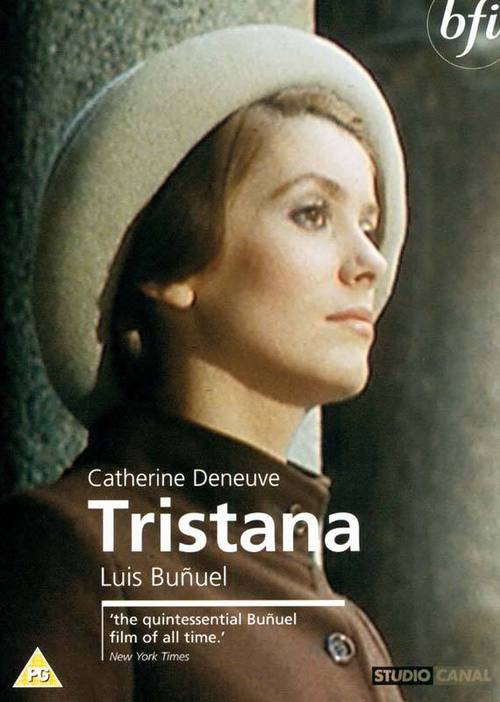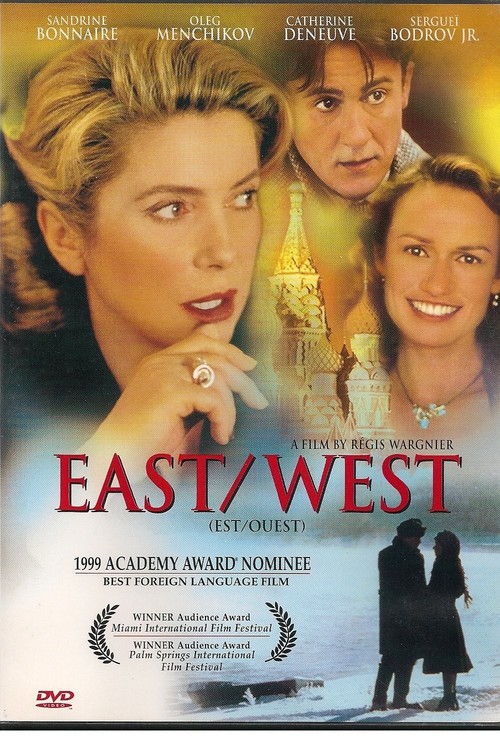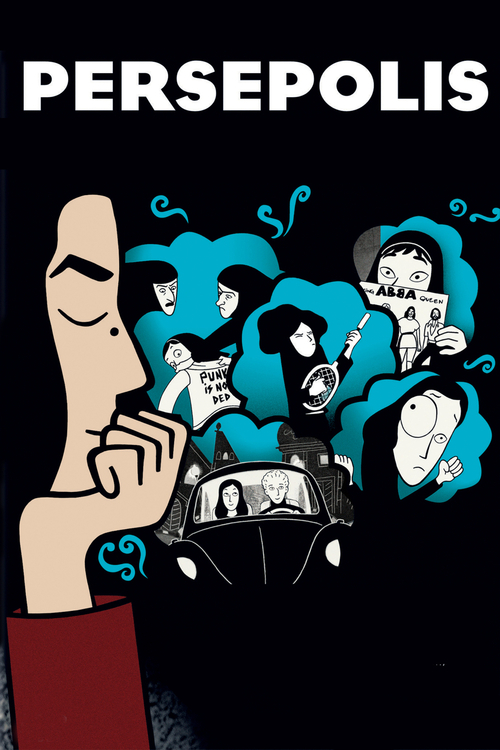Though I became entranced with the ethereal beauty of Catherine Deneuve over half a century ago, it’s still astounding to think this stunningly gifted French actress just turned 80. Whenever she was in view, time seemed to fly. And so it did.
Early on, she had followed her older sister Francoise D’Orleac into the film business, taking her mother’s maiden name to stand out on her own. The two sisters were quickly labelled according to the elements, with the more extroverted, fiery-maned Francoise “fire,” and the cooler, more reserved blond Catherine “ice.”
(You can see the two sisters together in Jacques Demy’s candy-colored musical “The Young Girls of Rochefort” from 1967, completed just months before Francoise was killed in a car accident at age 25.)
By then, her sister Catherine had already proven herself much more than a pretty face, transitioning swiftly from ingenue to respected actress. Deneuve would collaborate on serious films with the likes of Roman Polanski, Luis Bunuel and Francois Truffaut while still in her twenties.
The essential mystery she projects in most of her work carries over to her real life. Deneuve has always been fiercely private and independent, a natural defense against the glare that accompanies fame and breathtaking beauty.
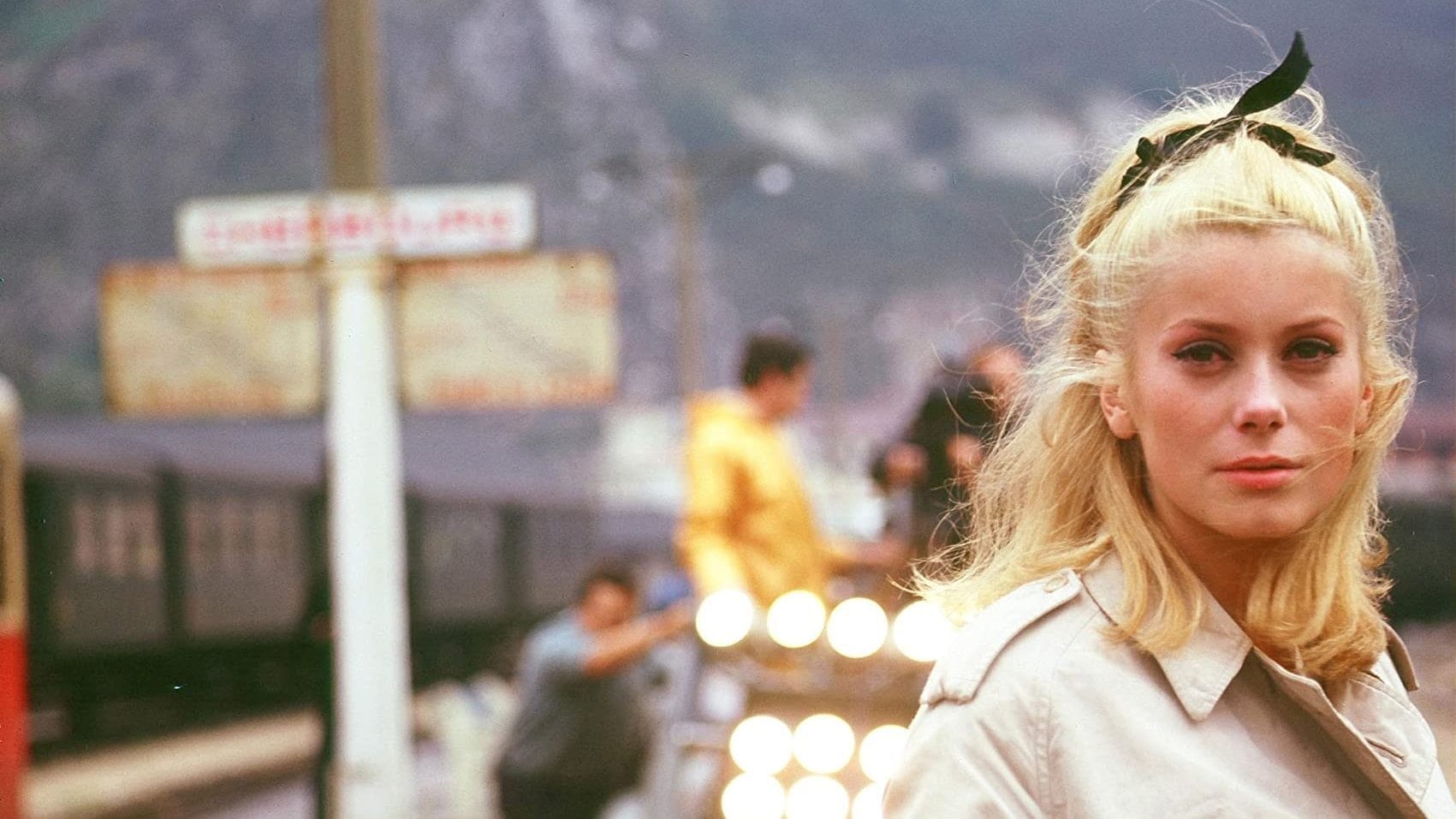
About her looks, magnified around the world via the chic ad campaigns of Yves Saint-Laurent, she once observed: “I know that if I didn’t look the way I looked, I would never have started in films. That, I remember, and I know I have to accept it.”
She wed photographer David Bailey in 1965, and that union lasted just five years. Both her children were born to different men out of wedlock ( son Christian with director Roger Vadim, and daughter Chiara with actor Marcello Mastroianni). Raised Catholic, she once said, “I don’t see any reason for marriage when there is divorce.”
A huge star in her native France, Deneuve never made the leap successfully to Hollywood, but that was never her overriding goal. Her movies made here, including 1969’s “The April Fools” with Jack Lemmon, and 1975’s “Hustle” with Burt Reynolds, were misfires.
Perhaps her best-known English-language film was Tony Scott’s “The Hunger” (1983), a slick (and silly) vampire picture. Because of this film Deneuve unwittingly became a favorite of the lesbian community by performing a steamy lesbian scene with Susan Sarandon. (Only she didn’t: mostly, body doubles were used.)
In hindsight, the fact she never meshed with Hollywood isn’t that surprising. Though she speaks several languages fluently, English among them, Deneuve is undeniably, quintessentially French. Hollywood simply didn’t know what to do with her.
And having worked with the best from a tender age, she always cared about character and script. She put it best herself: “Why should I go to the States to do a film I wouldn’t consider in Europe, just because it’s English-speaking?”
Over the years, Deneuve has been labelled cold and withholding by the press. Though it has to sting, she mounts no defense and makes no apologies. Her personal life, including various romances and liaisons real or imagined, are nobody’s business. Definitely not the way of Hollywood.
About her acting technique, she is more open: “I am incapable of deciding what a character is. At the same time, from the moment I have accepted the part and read the script, I know that things will circle in my mind. It won’t happen all the time, nor will it ever stop entirely….there are [also] some things that fall into place without me doing anything. I know that now.”
The five Deneuve films below mark the high points of a long and distinguished career. We, her grateful fans, salute her for her contributions to the art of film, and to our lives.
Bonne Anniversaire, Catherine!
The Umbrellas of Cherbourg (1964)

Deneuve’s debut is a wistful valentine to the Technicolor musical from director Jacques Demy. Deneuve plays Genevieve, a young woman who loses boyfriend Guy (Nino Castelnuovo) to army service just as she learns she’s pregnant. Featuring an achingly romantic Michel Legrand score, this all-singing film is a bold experiment that works.
Repulsion (1965)
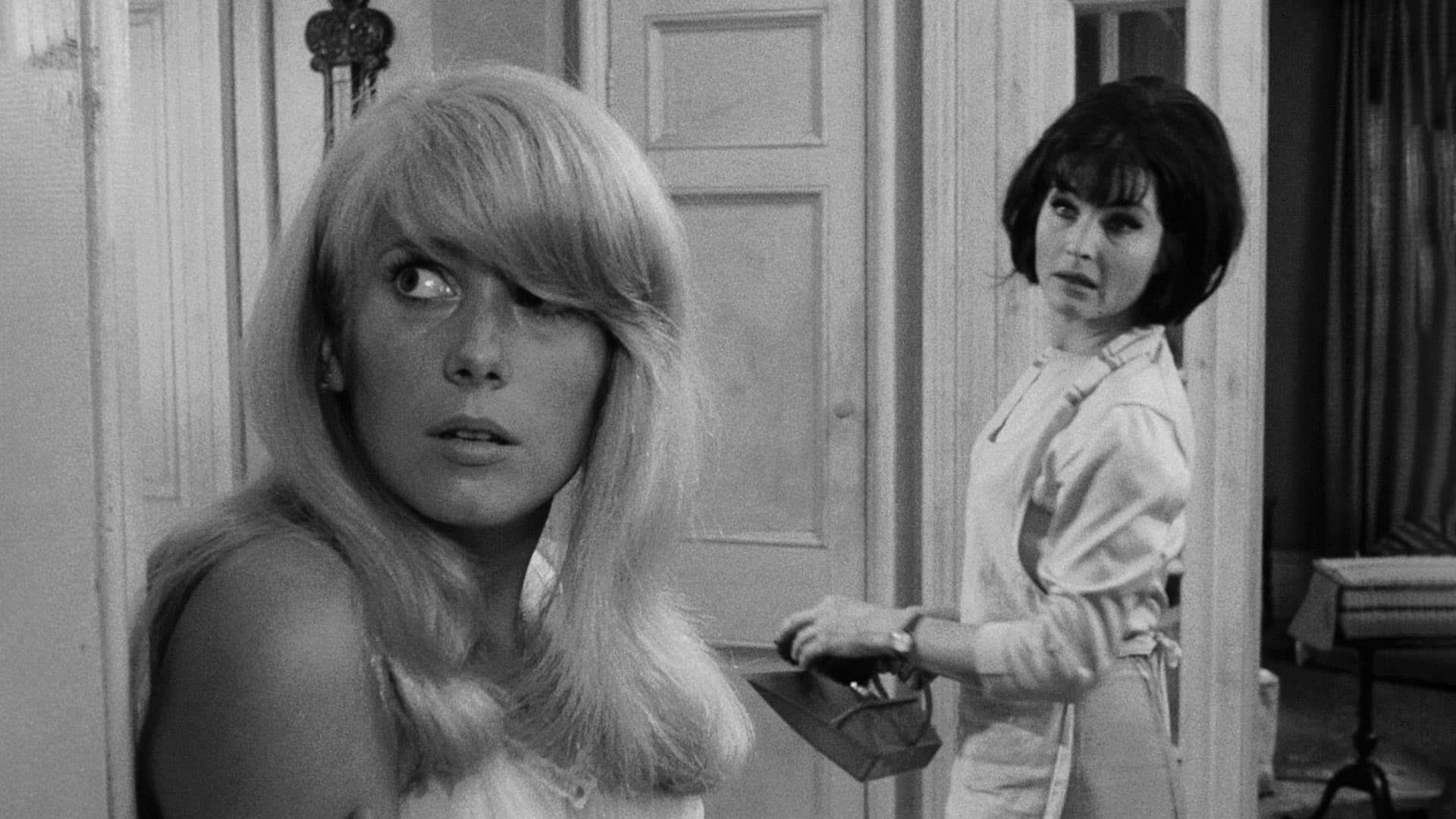
Deneuve carries Roman Polanski’s harrowing thriller as Carol, a paranoiac young woman living in London who’s repelled by men. When her oblivious roommate sister (Yvonne Furneaux) leaves her alone one weekend, Carol snaps, hallucinations begin, and blood gets spilled. This may rank as Deneuve’s most demanding role. Not for the squeamish!
Belle de Jour (1972)
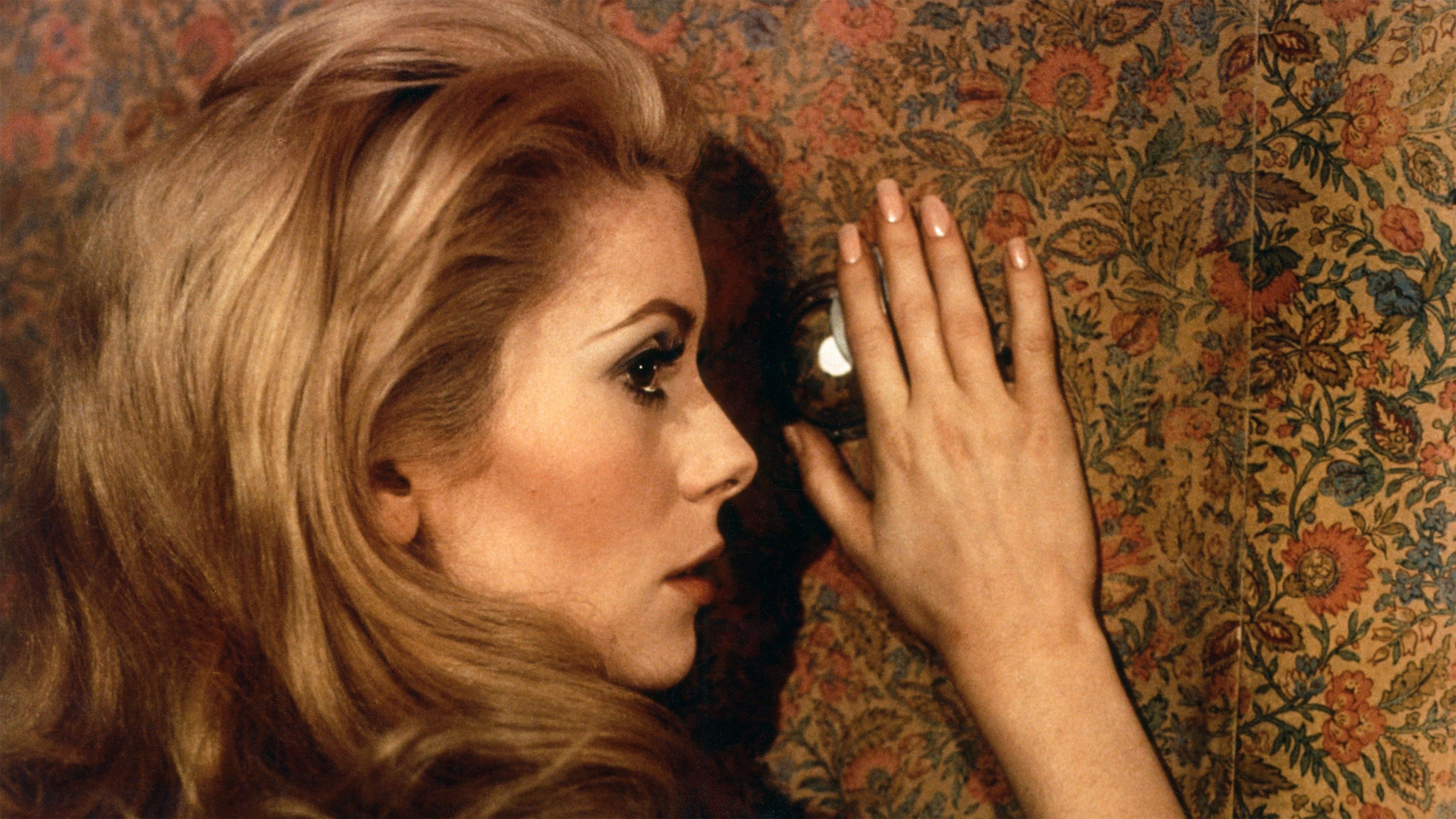
In her second outing with director Luis Bunuel, Deneuve is the bored, frigid Severine, married to successful doctor Pierre (Jean Sorel) who decides to spice up her days by secretly becoming a high-end prostitute. Her two worlds threaten to collide when gangster client Marcel (Pierre Clementi) becomes obsessed with her. Subtly twisted, the Bunuel way.
The Last Metro (1980)
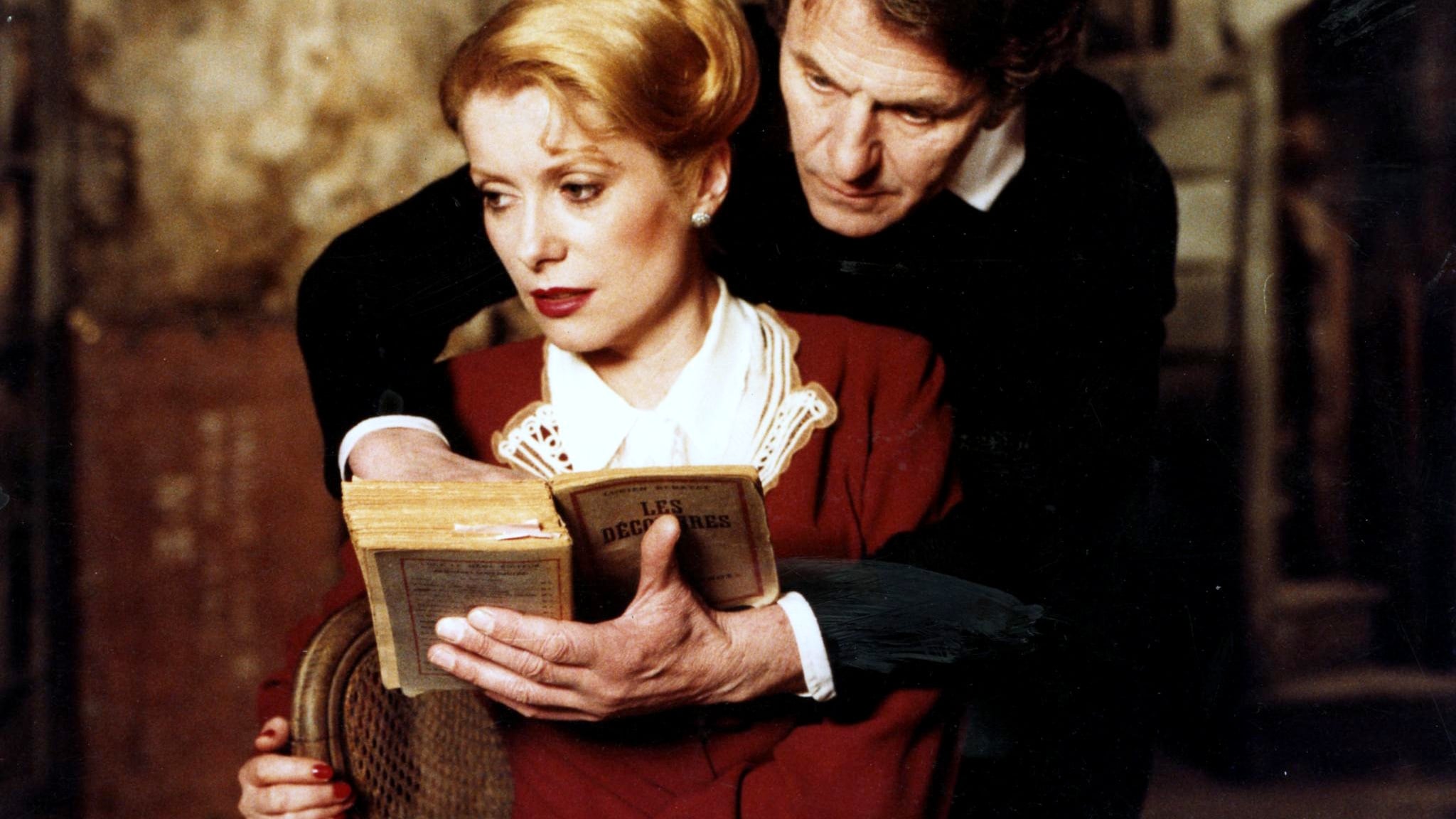
In Nazi-occupied Paris, actress Marion Steiner (Deneuve) is mounting a play while hiding her Jewish husband, theater manager Lucas (Heinz Bennent), in the basement. The Nazis hover as various intrigues play out among the cast, including leading man Bernard (Gerard Depardieu). Deneuve shines in this evocative period drama from Francois Truffaut.
A Christmas Tale (2008)
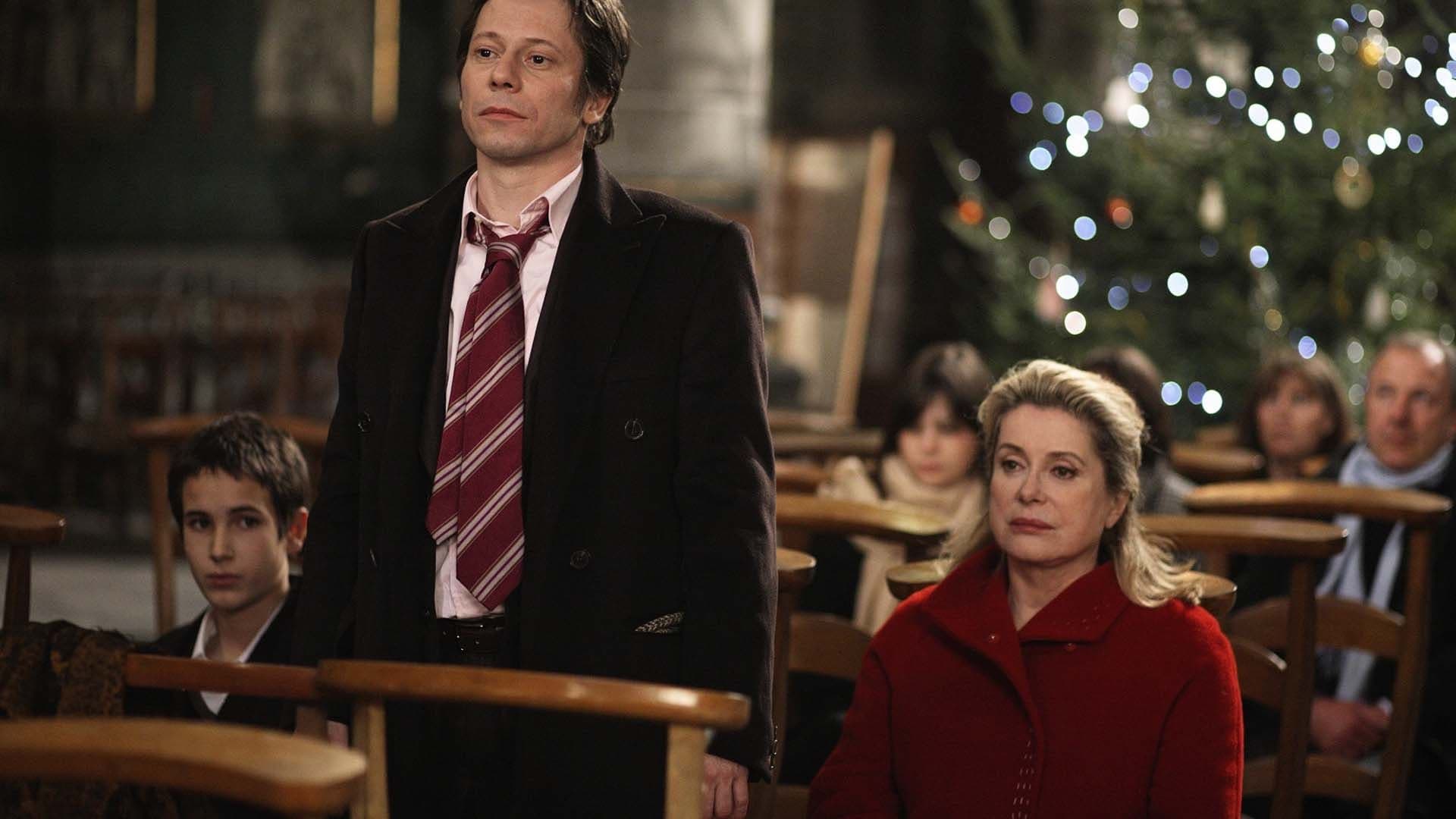
The Vuillard clan gathers for Christmas at their chateau in France. We learn of tragedy and dysfunction over the years. Now matriarch Junon (Deneuve) is seriously ill and needs a bone marrow transplant; one of her children will be the donor. But which one, and will the treatment work? Don’t miss this affecting look at the messiness of life and family.
More: Why "The Umbrellas of Cherbourg" Is Always Worth Opening, Even On Sunny Days
